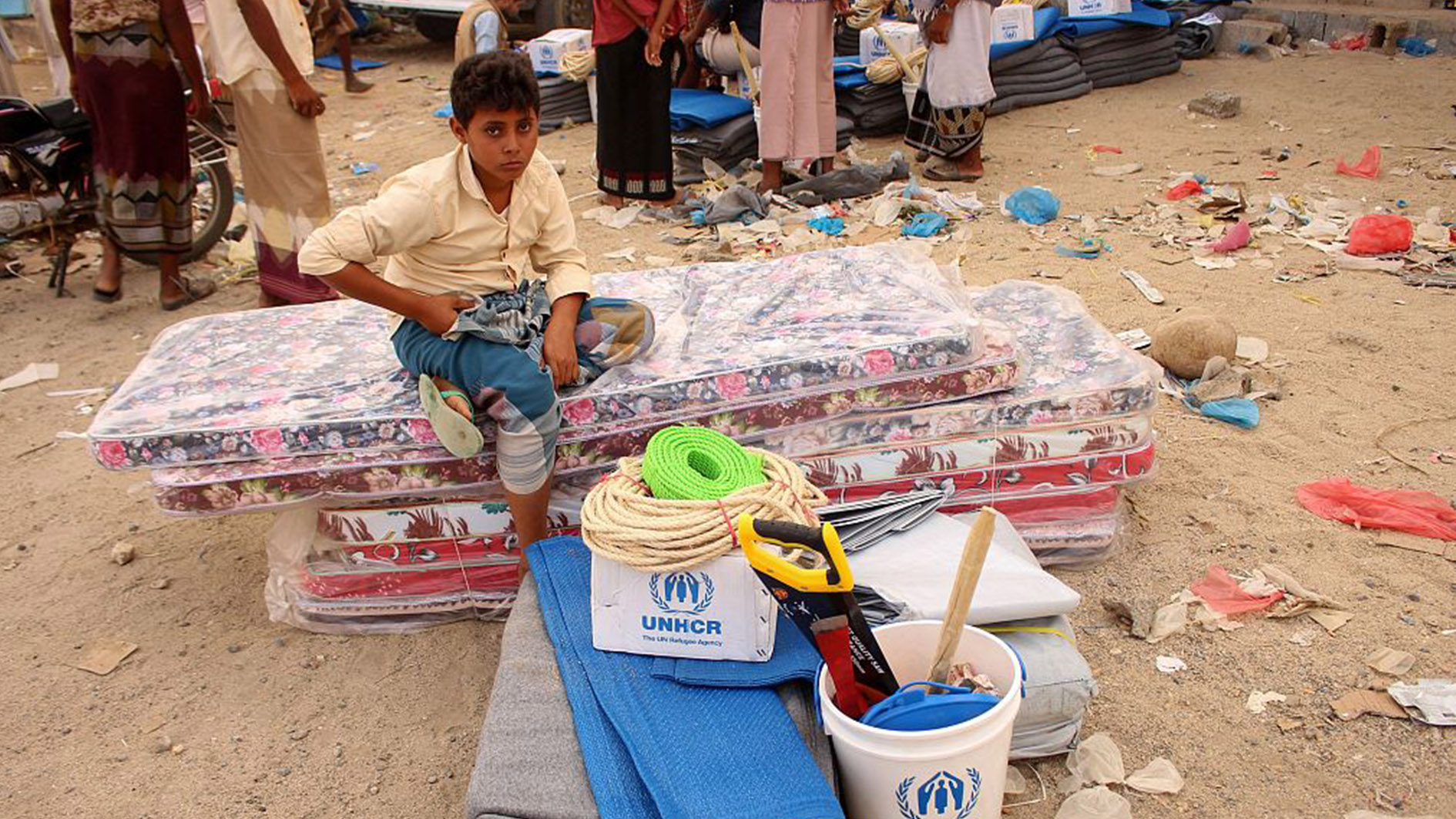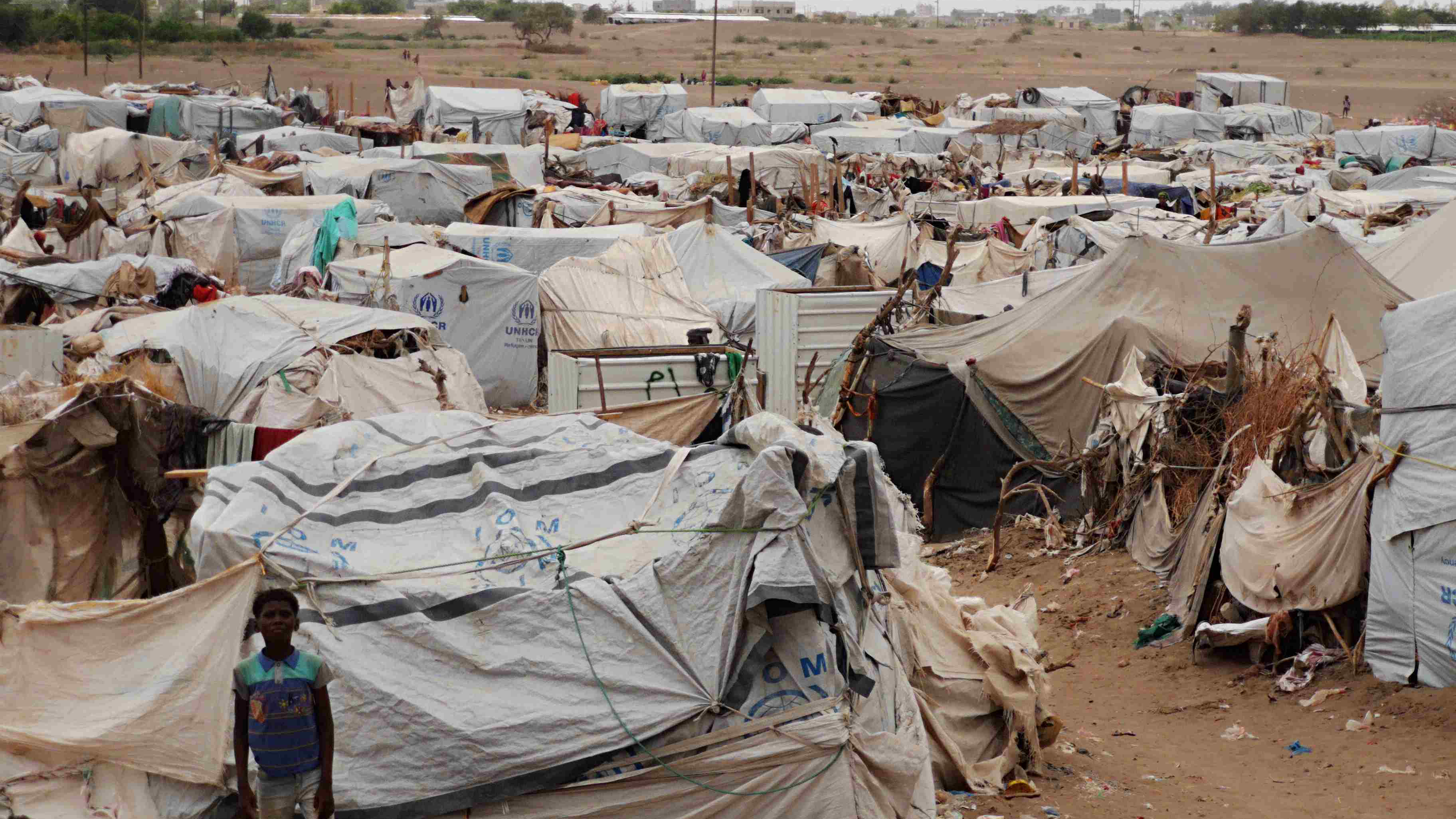

The cozy relationship between Saudi Arabia and the West is under intense pressure.
The 2015 military intervention by the Saudis in Yemen and the horrific killing last year of journalist Jamal Khashoggi in the Saudi consulate in Istanbul have put the authorities in the kingdom under unprecedented international scrutiny.
In the United States, the senate has been pushing back hard against President Donald Trump's approval of 8 billion U.S. dollars in arms sales to Saudi Arabia, as well as the United Arab Emirates (UAE).
Across the Atlantic, a British court last week ordered a ban on British arms sales to Saudi Arabia because of the war in Yemen, where tens of thousands have died.
Ian Black, a visiting senior fellow at the London School of Economics' Middle East Center, says the West's relationship with Saudi Arabia has become rather controversial in the two nations.
"What you see is that both in the United States and Britain, public opinion, with some political weight, is really starting to question the support of both countries for the Saudi-led coalition in Yemen," he told CGTN on June 26 during a discussion program that examined the controversy over arms sales to Saudi Arabia.
Diminished status
Black, one of four guests on the program, said the murder of Khashoggi has also played a role in the backlash.
Mohsen Milani, the executive director of the University of South Florida’s Center for Strategic and Diplomatic Studies, said the vote against the arms sales in the U.S. Senate is indicative of a weakening of the historical bipartisan American support for Saudi Arabia.
"It is still an important and reliable ally but its support has been diminished in the foreign policy establishment in the United States," he contended. Black supported that view.
But Reem Daffa, the vice president and executive director of the Saudi American Public Relations Affairs Committee, felt that what is happening in Washington has all to do with the 2020 presidential election with some actors being anti-Saudi just to be anti-Trump.

Many Yemenis live in scruffy tents on dry, stony ground. /VCG Photo
The Saudi-U.S. relationship is as strong as ever, she insisted.
Middle East analyst Banafsheh Keynoush predicted that the strong strategic partnership between Saudi Arabia and the United States that had existed through successive White House administrations will continue.
But Iran looms as a "large challenge" to those ties, she said.
The Trump administration has cited growing tensions with Iran for the president's use of emergency powers to bypass congressional objections to the Saudi arms deal.
Worry for allies
Strains between Washington and Tehran have increased in recent weeks, a year after the American president abandoned a 2015 nuclear accord between Iran and world powers to curb Tehran’s nuclear program in exchange for sanctions relief.
Black said Iran has significantly increased its influence in the Middle East and this is worrying to the U.S., its Arab allies, and Israel.
"The Trump decision to walk away from the 2015 nuclear agreement [...] may have restricted Iranian influence on the nuclear front but its influence has grown in Syria, in Iraq, and of course, for the Saudis, in particular, the role of Iran in backing the Houthi rebels in Yemen is an extremely important part of the story," he said.
Alarmed by the rise of the Houthis they believe to be backed militarily by Iran, Saudi Arabia and eight other mostly Sunni Arab states began an air campaign aimed at restoring the government of Abdrabbuh Mansur Hadi four years ago.
Malani said that in the year since Trump's unilateral pullout, Iran had tried to stay within the parameters of the nuclear deal,
'Humanitarian disaster'
But things had changed.
"In the last month or so, Iran has made a serious strategic decision that its patience has run out and if Iran cannot benefit from its nuclear deal, that is if it is going to suffer through crippling sanctions, then Iran is going to play a more offensive role in the region," he said.
Above all, he wants the parties to resume negotiations to end the bloodshed in Yemen.
"What is taking place in Yemen at this time as we speak, is the greatest humanitarian disaster and I hope all the major parties, the Houthis, the Iranians, the Saudis, all of them, go to the negotiating table to put an end to this human tragedy."
Recent events suggest that this is unlikely to happen anytime soon.
Top Photo: Yemenis displaced from areas near the border with Saudi Arabia receive humanitarian aid. Saudi Arabia's involvement in the bloody Yemeni conflict has cost it public support in some western nations. /VCG Photo

Copyright © 2018 CGTN. Beijing ICP prepared NO.16065310-3
Copyright © 2018 CGTN. Beijing ICP prepared NO.16065310-3